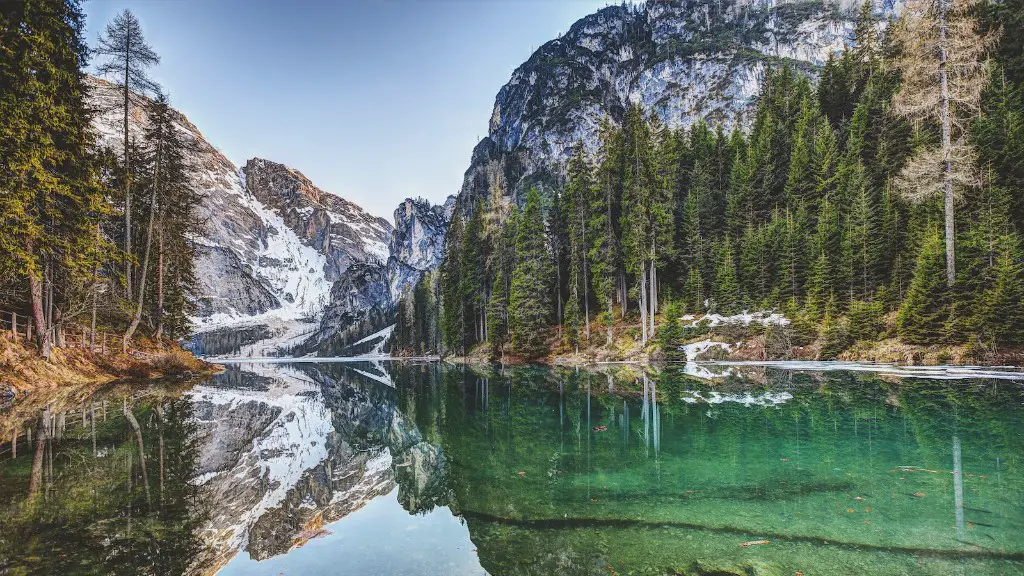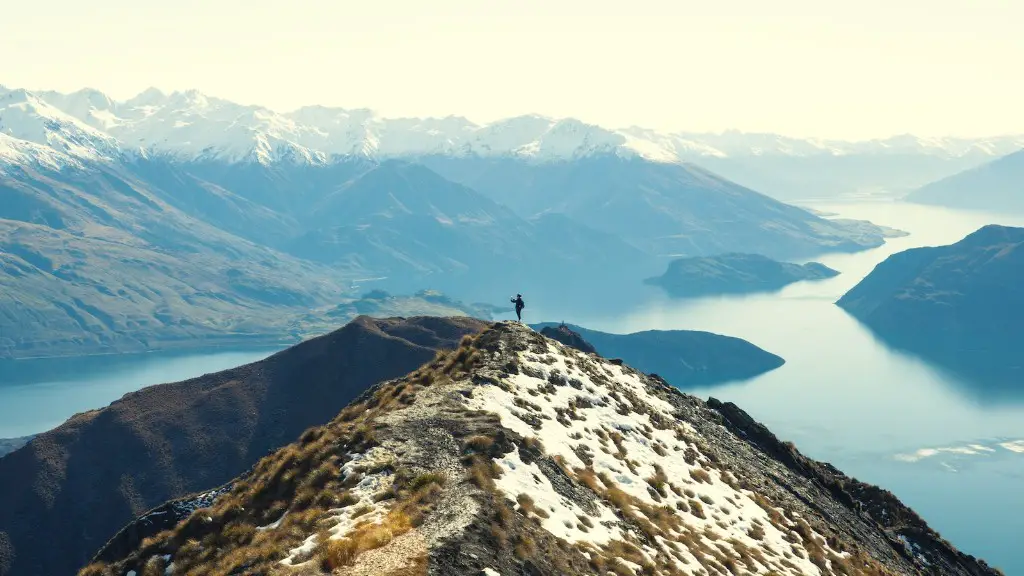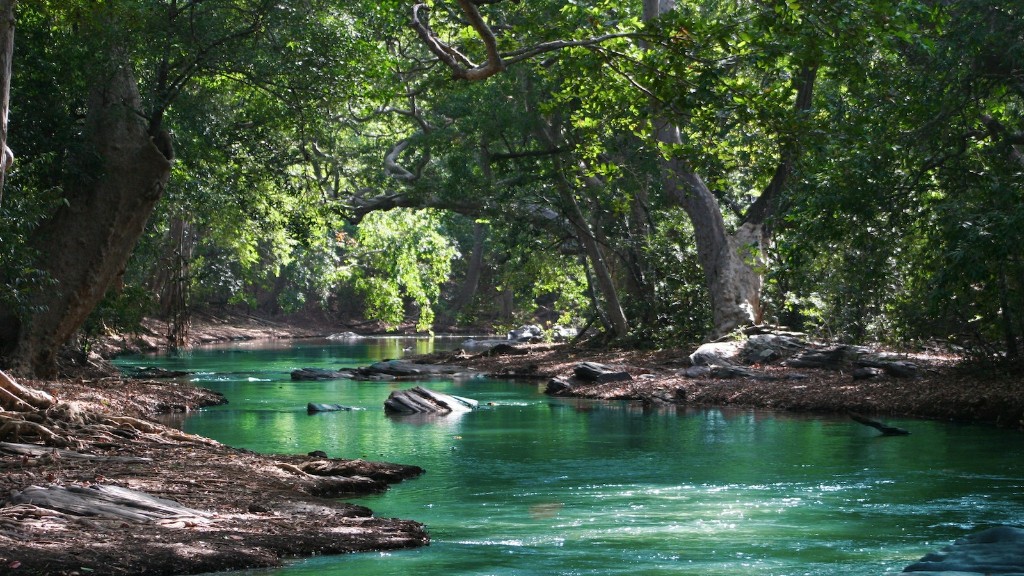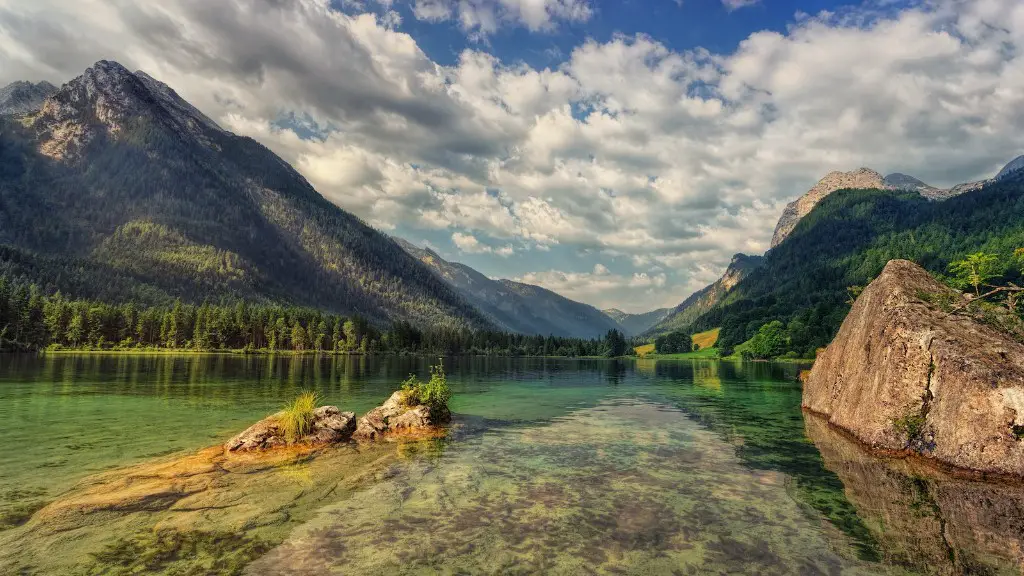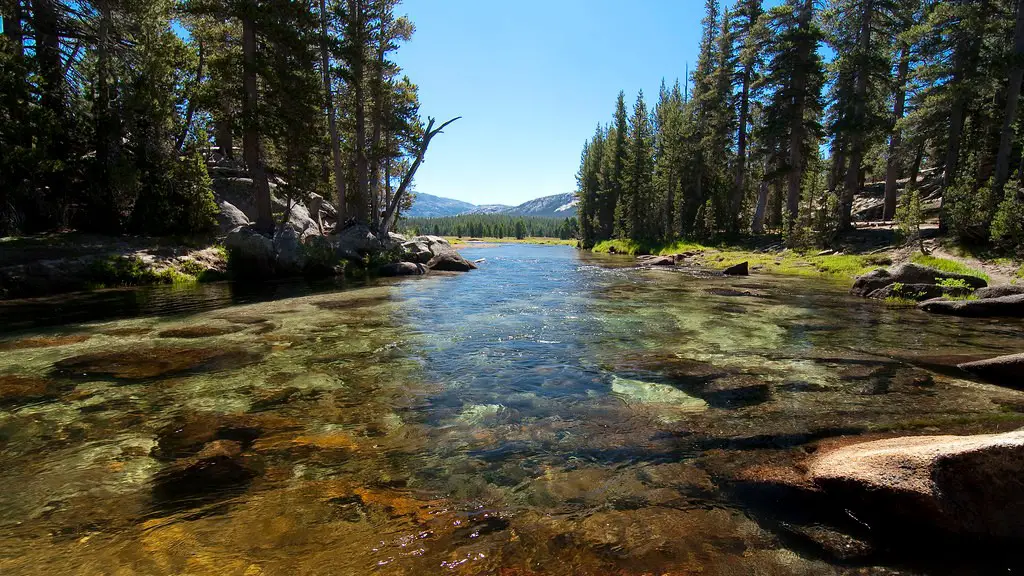The Nile River – Africa’s Lifeline
The Nile River is the longest river in the world. It has its origins in Burundi, runs through a number of African countries, and eventually empties into the Mediterranean Sea. It has been an incredibly important source of life in Africa for thousands of years, providing food and resources to many different communities.
The Nile has a number of tributaries, but the two main branches are the White Nile and the Blue Nile. The White Nile originates in Lake Victoria, while the Blue Nile begins near Lake Tana in Ethiopia. The two branches come together near Khartoum, where they form the main channel of the Nile River. After flowing through a number of African countries, the river empties into the Mediterranean Sea in Egypt.
The Nile is the primary source of water for a number of African countries. In Egypt, for example, it provides nearly all of the country’s fresh water. Much of the agricultural production in Egypt depends on the Nile, as most of the country’s natural water sources are not suitable for irrigation. Without the Nile, Egypt’s economy would grind to a halt.
The Nile is also an important source of hydroelectric power. The Aswan Dam, which is located at the northern end of the river, provides much of the country’s electricity, and is considered to be one of the greatest engineering feats of the 20th century.
In addition to being a source of life and energy, the Nile is also a source of recreation. Every year, thousands of tourists flock to the shores of the river to enjoy its beauty and take part in water sports such as sailing and fishing. The river is also home to a number of species of plants and animals, making it an important part of the African ecosystem.
The Nile River is an incredibly important source of life, energy, and recreation for the people of Africa. It is, without a doubt, one of the most important rivers in the world, and its importance to the continent cannot be overstated.
The Impact of the Nile River
The Nile River has had a profound impact on the people and communities that border it. For thousands of years, it has been an important source of water and sustenance, providing essential resources and sustenance to a number of different cultures. In many cases, the river has been a source of conflict, as communities battle for access to its precious resources.
The Nile has also been a source of inspiration for centuries. The ancient Egyptians worshipped the river and built a number of temples and monuments to honor it. Even today, the Egyptians continue to honor the river with festivals and celebrations, which have become a large part of their culture. The river is also an important source of art and literature, with many authors and artists using it as a source of inspiration for their works.
The impact of the Nile River extends beyond the borders of Africa. It is estimated that the river has contributed to the development of dozens of civilizations across the world, ranging from Europe and Asia to the Americas. It has been crucial in the development and spread of many different religions and belief systems, and its influence can still be felt in the modern world.
The Nile River is an incredibly important part of history and of the culture of Africa. Its impact on the people and communities of the continent is clear, and will continue to resound for centuries to come.
Environmental Concerns
As the Nile River has become more developed in recent years, the environment of the river has suffered. The river has been polluted by agricultural runoff and industrial waste, which has had a significant negative impact on the local ecosystems. In addition, the construction of the Aswan Dam has restricted the flow of the river upstream, which has caused a number of problems for the local communities.
The pollution of the river has also had a number of negative health effects on the people living near it. The water of the river is now highly contaminated with a number of different chemicals, which have led to a number of different health problems. The people living along the river are often exposed to a number of toxins, which can lead to serious health issues such asthma and cancer.
Moreover, the pollution of the river has also led to a decrease in the number of fish and other aquatic species. Many of the fish that were once found in the river are now threatened or endangered, and must be protected from further degradation.
The pollution of the Nile River is an important environmental issue that must be addressed. It is crucial for the people of Africa to work together to protect the river and its resources, and to ensure that it continues to be a source of life and sustenance.
Nile Basin Initiative
Since the mid-1990s, a number of different initiatives have been taken in an effort to protect the environment of the Nile River. One of the most successful initiatives is the Nile Basin Initiative, which was launched by a number of African countries in 1999. The initiative has been created with the goal of helping to protect the river and its resources, and to improve the environmental and economic conditions of the countries that border the river.
The main goal of the initiative is to promote cooperation between the countries of the Nile basin in order to improve the environment of the river. A number of different activities are supported, including the management of water resources, the protection of ecosystems, and the promotion of economic development. In addition, the initiative also works to promote good governance, and improve the livelihoods of the people living near the river.
The Nile Basin Initiative has been remarkably successful in its efforts to protect the environment of the Nile River. The initiative has enabled a number of different countries to come together and collaborate in order to protect the river’s resources, and to improve the quality of life of the people that live along it.
Conclusion
The Nile River is an incredibly important source of life, energy and recreation for the people of Africa. The river has a history that stretches back thousands of years, and it has had a profound impact on the cultures and communities that border it. Unfortunately, the river has also suffered from a number of environmental problems, which led to the launch of the Nile Basin Initiative in the late 1990s. The initiative has been remarkably successful in its efforts to protect the environment of the river, and to improve the lives of the people living near it.
